Greater range, combined with refuelling times considerably faster than battery charging, have led many to suggest that fuel cell vehicles are the zero-emission solution for long-range applications, especially long-haul trucks. The IDTechEx “Fuel Cell Electric Vehicles 2022-2042” report investigates the current state of fuel cell vehicle development for passenger cars, light commercial vehicles, trucks, and city buses, and the report analyses the potential for the technology in these on-road markets.
The lack of hydrogen refuelling infrastructure has hindered fuel cell vehicle rollout for at least the past decade. Several regions, including Japan, Korea, Germany, California, and China, are supporting initiatives to build hydrogen refuelling station infrastructure that could see this change.
In September 2022, the EU approved US$5.2 billion in public funding for green hydrogen projects, and the US announced plans for a US$7 billion investment to establish up to ten regional hydrogen hubs. However, at this stage, neither the cheap renewable energy generation resource required to produce cheap green hydrogen, nor the carbon capture and storage technologies required for blue hydrogen have been demonstrated at a scale that can deliver low carbon hydrogen with a pump price competitive with diesel, petrol, or electric charging. Development efforts are likely to take considerable time and require significant investment.
Fuel cell vehicles are attracting attention, but they are currently expensive to buy, expensive to operate, and the hydrogen fuel and refuelling infrastructure is not widely available to support them. And although fuel cell powertrains hold a range advantage today, the continued wait for a point of viable commercial deployment means rapidly improving battery powertrains are eroding this advantage. The long-range niche for fuel cell vehicles will continue to shrink the longer the wait for infrastructure and cost-effective, low-carbon hydrogen fuel. 2023 is likely to be a difficult year for fuel cell vehicles, with high gas prices worldwide leading to high grey hydrogen prices.
To learn more, the IDTechEx report “Fuel Cell Electric Vehicles 2022-2042” presents an independent 20-year outlook for fuel cell passenger cars, light commercial vehicles, trucks, and city buses, forecasting unit sales, fuel cell demand, and market value. The report discusses fuel cell deployment's technical and economic aspects in these different transport applications.
The Fuel Cell Electric Vehicles report is part of IDTechEx’s broader research portfolio, tracking the adoption of electric and fuel cell vehicles, battery trends, autonomy, and mobility trends across land, sea, and air, helping you navigate whatever may be ahead.
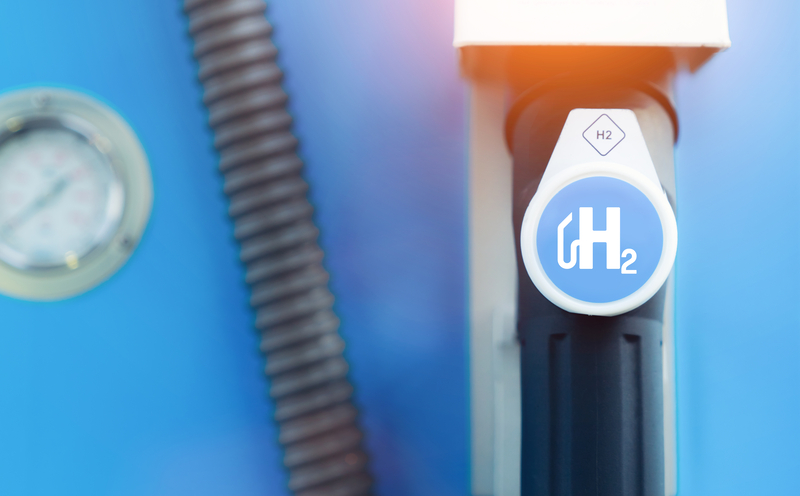
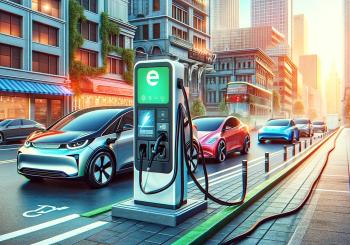
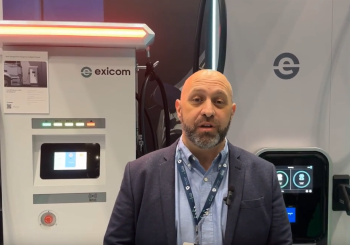
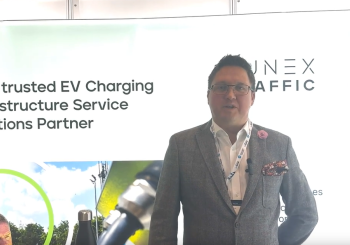
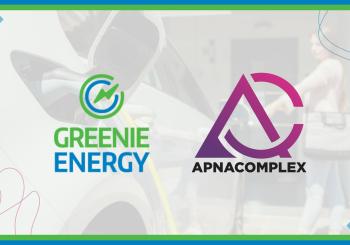
Follow Us On Social Media